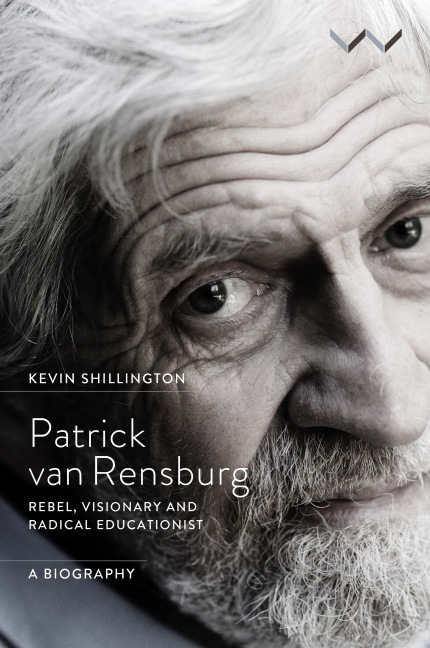Book contents
- Frontmatter
- Dedication
- Contents
- Acknowledgements
- Abbreviations and Acronyms
- List of Illustrations
- Maps
- Introduction
- 1 Origins and Identity in South Africa
- 2 An Anglophone South African, 1936–1948
- 3 The Making of an Afrikaner, 1949–1953
- 4 Diplomat and Rebel, 1953–1957
- 5 Anti-Apartheid Activist, 1957–1959
- 6 Boycott, 1959–1960
- 7 Into Exile, 1960–1961
- 8 Return to Africa, 1961–1962
- 9 The Founding of Swaneng Hill School, 1962–1963
- 10 Challenging ‘The Ladder to Privilege’, 1963–1965
- 11 The Alternative Educationist, 1965–1967
- 12 Expansion and Replication, 1967–1969
- 13 Time of Crisis, 1969–1971
- 14 Education with Production, the 1970s
- 15 Foundation for Education with Production and Spreading the Word, the 1980s
- 16 Education with Production and South Africa, the 1990s
- 17 Return to Botswana
- Epilogue
- Notes
- Bibliography
- Index
16 - Education with Production and South Africa, the 1990s
Published online by Cambridge University Press: 10 September 2020
- Frontmatter
- Dedication
- Contents
- Acknowledgements
- Abbreviations and Acronyms
- List of Illustrations
- Maps
- Introduction
- 1 Origins and Identity in South Africa
- 2 An Anglophone South African, 1936–1948
- 3 The Making of an Afrikaner, 1949–1953
- 4 Diplomat and Rebel, 1953–1957
- 5 Anti-Apartheid Activist, 1957–1959
- 6 Boycott, 1959–1960
- 7 Into Exile, 1960–1961
- 8 Return to Africa, 1961–1962
- 9 The Founding of Swaneng Hill School, 1962–1963
- 10 Challenging ‘The Ladder to Privilege’, 1963–1965
- 11 The Alternative Educationist, 1965–1967
- 12 Expansion and Replication, 1967–1969
- 13 Time of Crisis, 1969–1971
- 14 Education with Production, the 1970s
- 15 Foundation for Education with Production and Spreading the Word, the 1980s
- 16 Education with Production and South Africa, the 1990s
- 17 Return to Botswana
- Epilogue
- Notes
- Bibliography
- Index
Summary
In October 1989 F. W. de Klerk, newly sworn in as South African state president, ordered the release of all but one of the country's high-profile political prisoners. It was clear that De Klerk was seeking new paths out of the morass of apartheid, and the stage-managed release of Nelson Mandela could be only months away.
SOMAFCO was celebrating the tenth anniversary of its founding and, with a feeling that the end of apartheid was nigh, a number of educators from South Africa travelled north to Morogoro. For many it was their first meeting with their exiled ANC counterparts. The main topic of discussion was the ANC's education policy for a liberated South Africa, and it was Patrick's ‘first opportunity to present the Education with Production (EwP) curriculum to a mainly South African audience’.1 He distributed copies of a complete alternative curriculum that the FEP, with the assistance of experts from six SADCC countries, had worked out in detail through the 1980s. It included languages, Mathematics and Science alongside four specific EwP subjects.
Apart from one or two exceptions within the ANC leadership, however, the party had never really been committed to EwP. Indeed, the underlying focus of SOMAFCO itself had never been totally clear. Was the college mainly for political education and training for ‘the struggle’? Was it somewhere to keep the exiled youth occupied and partially trained in practical skills, thus paying lip service to the fashion for EwP? Or was it to gain higher education abroad to create an élite who would someday rule South Africa? This dilemma was never clearly resolved.
- Type
- Chapter
- Information
- Patrick van RensburgRebel, Visionary and Radical Educationist, a Biography, pp. 267 - 284Publisher: Wits University PressPrint publication year: 2020

